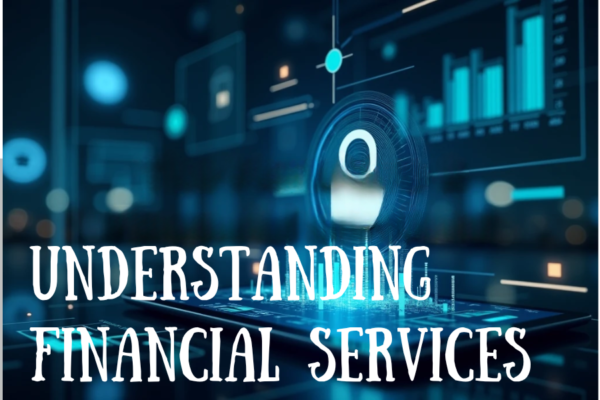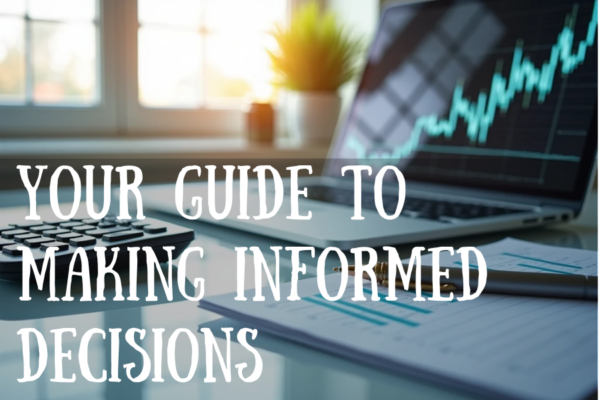
Healthcare Essentials for Expats Living in the UAE
Healthcare in the UAE is world-class, offering state-of-the-art facilities and highly skilled medical professionals. However, as an expat, navigating the system can be daunting without the right information. This guide provides essential tips on understanding the UAE healthcare system, obtaining insurance, and accessing medical services. 1. Healthcare System in the UAEThe UAE operates a dual healthcare system with public and private sectors. While citizens have access to free public healthcare, expats typically rely on private healthcare through employer-provided insurance or personal plans. Both sectors maintain high standards, but private hospitals often provide shorter waiting times and additional amenities. 2. Health Insurance: A Legal RequirementHealth insurance is mandatory for all residents in the UAE, including expats. Employers are required to provide coverage for their employees. However, family members may need separate policies. Popular insurance providers include: Check your policy for coverage details, as some plans may not include dental or maternity care. 3. Accessing Medical ServicesThe UAE is home to world-renowned hospitals and clinics. Some top hospitals include: For general check-ups, visit primary care clinics. Specialist appointments typically require a referral from a general practitioner. 4. Emergency ServicesIn emergencies, dial 998 for an ambulance. Major cities like Dubai and Abu Dhabi have advanced emergency care services. Ensure you carry your Emirates ID and insurance card at all times for hassle-free access. 5. Tips for Expats Using the UAE Healthcare System 6. Alternatives: Telemedicine and Wellness ServicesThe UAE has embraced telemedicine, allowing expats to consult doctors remotely. Additionally, wellness centers and holistic care options are popular for preventive health. ConclusionAs an expat in the UAE, understanding the healthcare system is crucial for your peace of mind. With mandatory insurance, advanced facilities, and emergency services, the UAE ensures high-quality healthcare for all residents. Stay informed and proactive to make the most of the system.


















